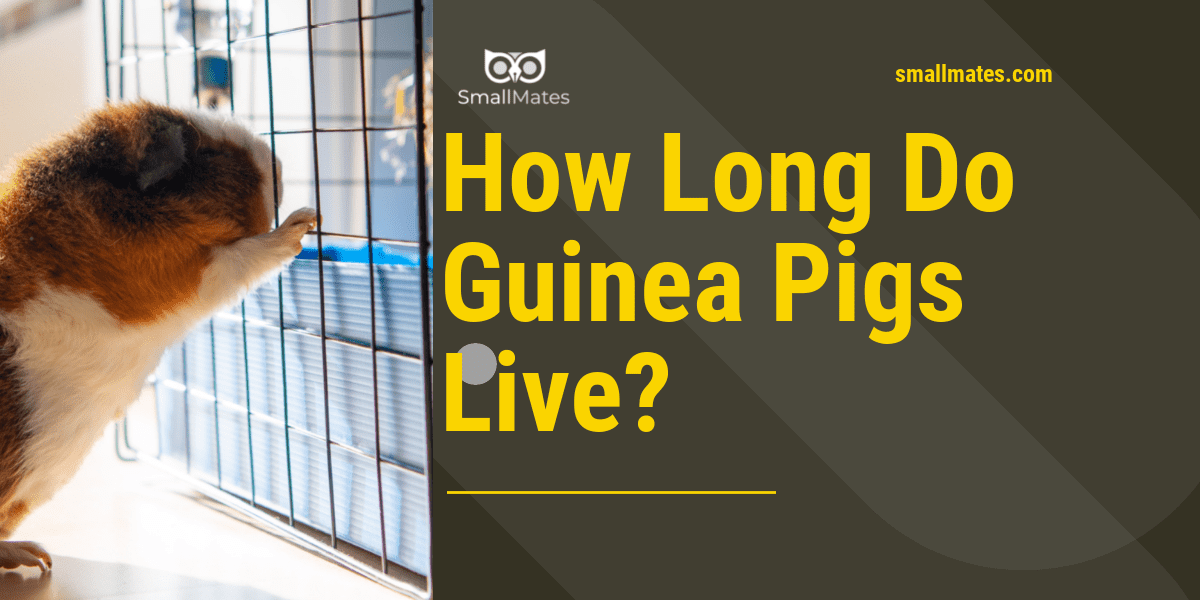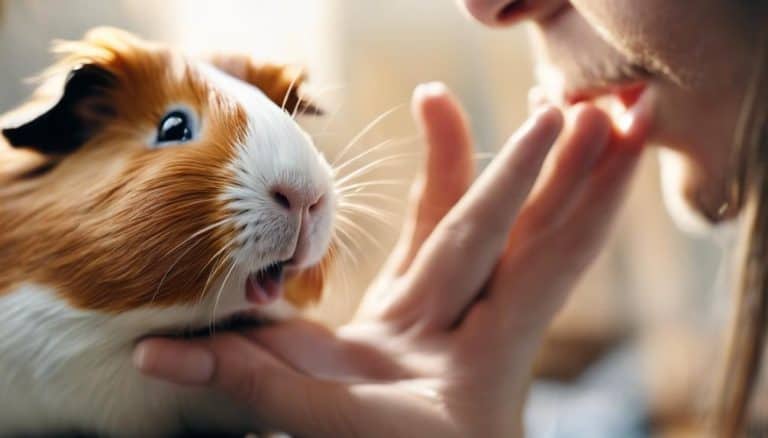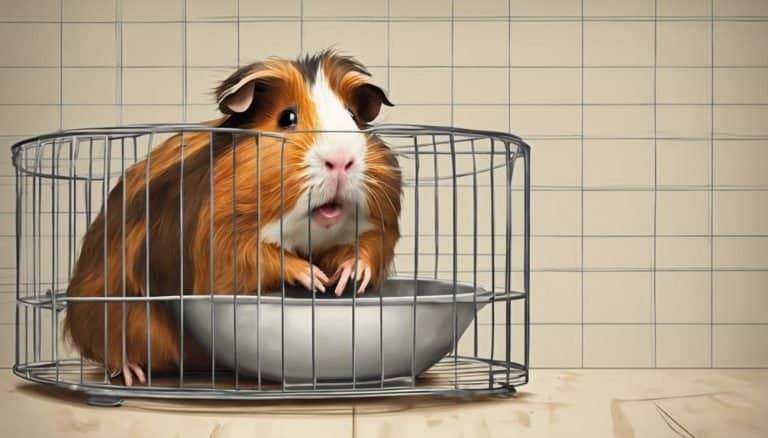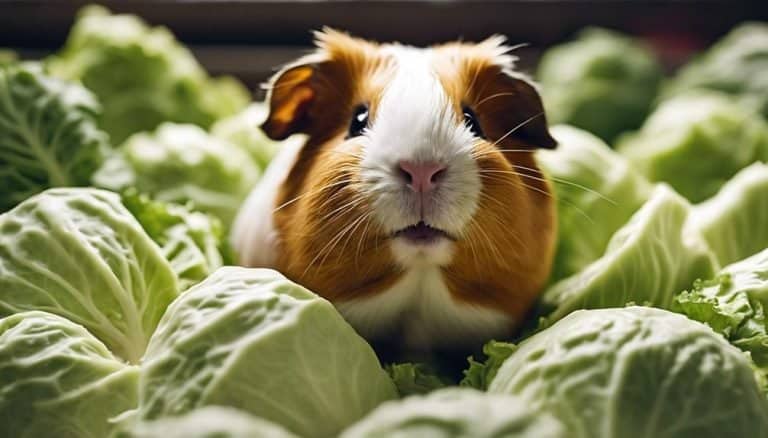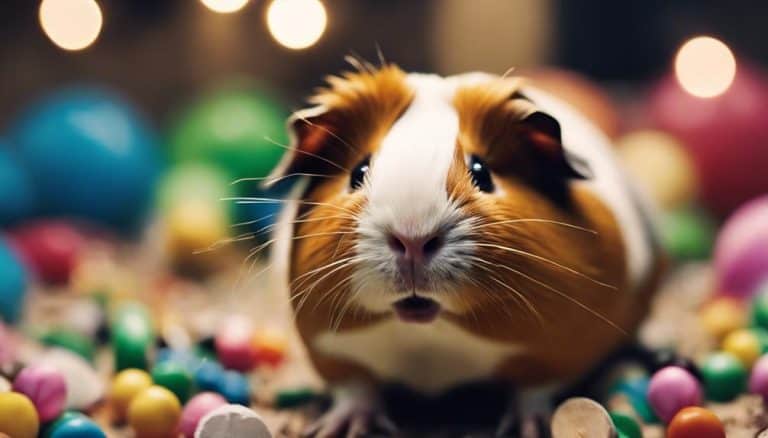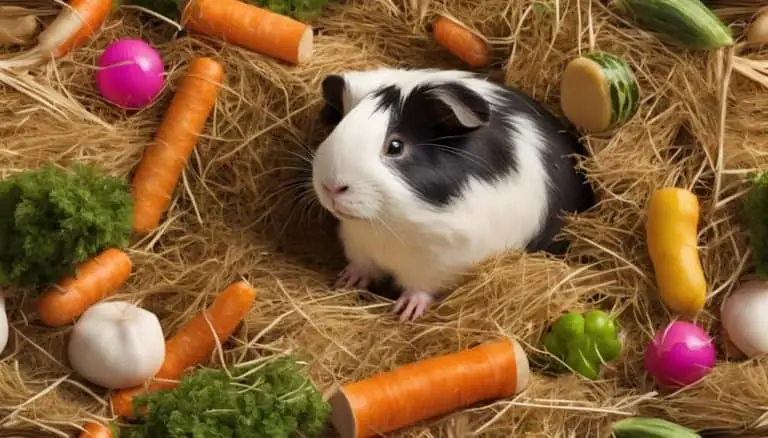how long do guinea pigs live? The Lifespan of Guinea Pigs
Guinea pigs are very social animals that thrive when they have access to several companions. They should be provided with plenty of room and a variety of toys and spaces to explore.
Adult guinea pigs may live anywhere from three to eight years, but young piggies can be more susceptible to predators and diseases.
How Long Does a Guinea Pig Live as a Pet?
A typical pet store may tell you that guinea pigs are hardy and can last up to 10 years as a pet, but these statements are not only incorrect – they could actually be harmful to your piggy friend!
The average lifespan of a guinea pig is about three-to-eight years.
These small rodents are prey animals, so they’re more likely to get sick or die from disease than larger pets like dogs or cats.
In general, guinea pigs tend to live about one-third of the lifespan of their owners.

What factors affect a guinea pig’s lifespan?
The factors that affect a guinea pig’s lifespan are dependent on the individual. They may be more prone to predators, diseases, and other threats due to their small size.
Guinea pigs may have shorter lifespans as they age, which means they’re more likely to get sick and die from disease than larger pets like dogs or cats. You can increase your little guy’s lifespan by providing plenty of space and stimulating toys for them to play with. G
uinea pigs should also be fed a vegetarian diet that includes hay, veggies, and freshwater daily – no matter what type of diet you feed your pet they need this to stay healthy.
This will help prevent digestive problems such as constipation or diarrhea. In the wild, guinea pigs live in burrows underground so having a guinea pig house is one way to keep them safe and secure while indoors.
Guinea pig lifecycle: Breeding and nursing
A female guinea pig will reach sexual maturity for her first litter around six months of age. She’s then ready to mate and produce a litter – about five or six piggies.
These babies are completely dependent on their mothers for their first few weeks. After that, you’ll need to introduce them to their environment and socialize them with other guinea pigs before they’re old enough to eat solid food.
This can be done by putting the babies in an area with soft bedding and toys where they can interact with each other and get used to things like cages, water bottles, etc.
Your baby guinea pigs may be outgrowing their cage every two weeks, so make sure you purchase one that is appropriate for their size!
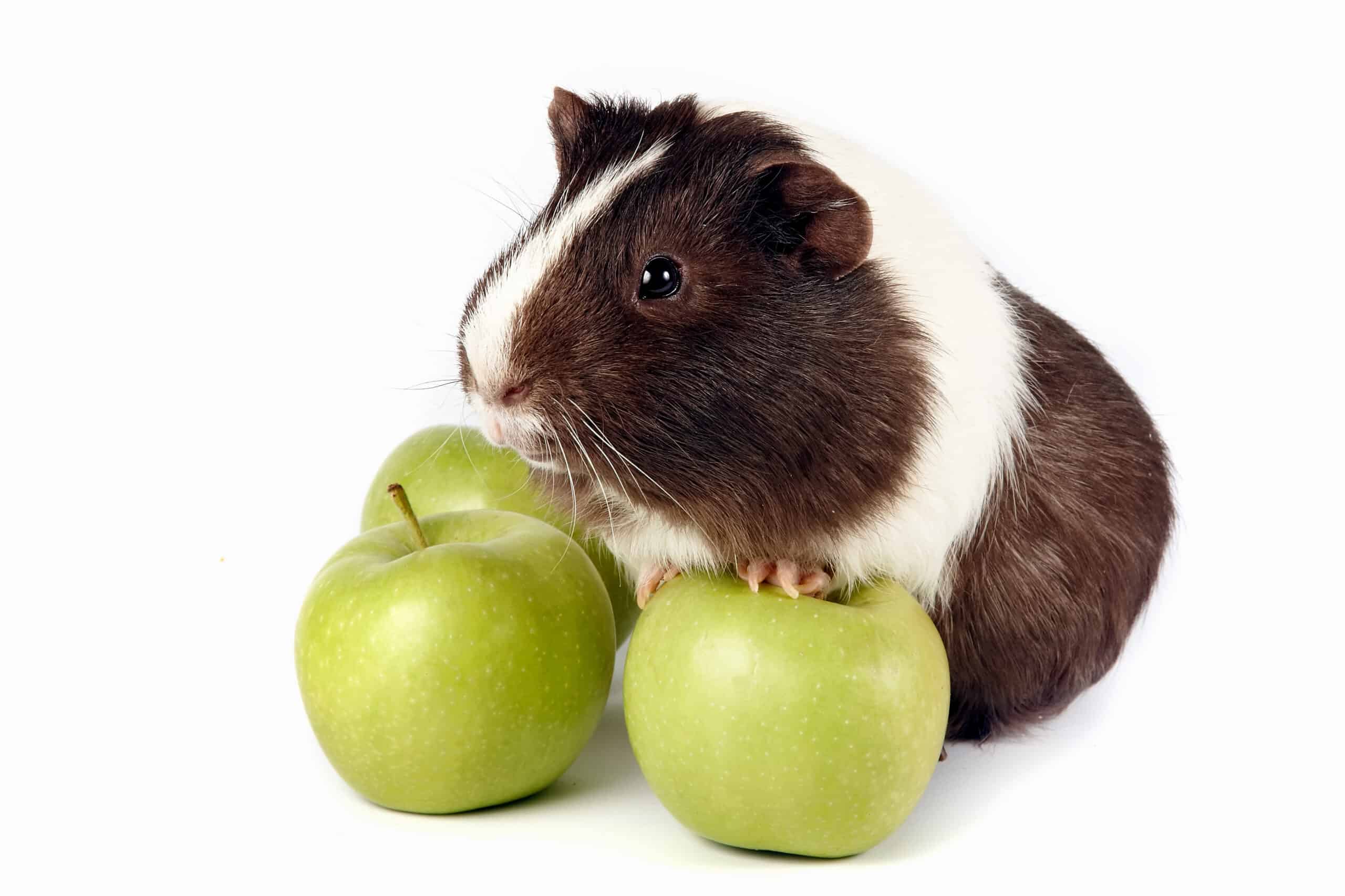
How can you tell if your guinea pig is old?
The best way to know if your guinea pig is old is to look for signs of aging.
Here are some early signs that a guinea pig could be getting up there in years:
Their skin may become loose and saggy
Their fur may start to thin and become gray or white
They may not be able to jump as high or run as fast
They may stop eating their favorite treats or foods
For a more accurate guess, you can take your guinea pig’s temperatures. If they’re not feeling well, they will often have a fever.
Their temperature should always be taken rectally because the temperature of their gum will only tell you how sick they are, not how healthy they are.
If your guinea pig has a fever and is lethargic, you should probably bring them in for care.
Guinea pig lifespan
Guinea pigs will last longer if they are well taken care of and never neglected. Punishing the animal because they’re not performing up to standards could cause lasting health issues or even shorten their life span.
Some tips for caring for your pet include:
-Spraying water on their food bowl at least five times a day.
-Providing your pig with ample room in which they can roam and explore.
-Give them toys that provide mental stimulation so they don’t need more space than what is provided by you.
-Give your pet special treats every day, such as fresh hay and vegetables from their cage.
Pros of having a pet guinea pig
They are social animals that thrive when they have other guinea pigs to interact with Guinea pigs are a low-maintenance pet.
A guinea pig doesn’t require special care, such as daily feeding or daily cleaning.
Guinea pigs have a natural curiosity and love for exploration Guinea pigs are great for children because they’re small enough to be held and cuddle with them easily.
Cons of keeping a pet guinea pig
– Guinea pigs are prey animals who require cerain care and attention. If you don’t provide them with the proper space and playtime, they can suffer from boredom, stress, and depression.
– Guinea pigs are prone to respiratory infections and other diseases like Hemorrhagic Pneumonia or Aspergillus fungus. Pet stores may not tell this.
This is why it’s important to get your pet from a reputable source.
– Guinea pigs demand some high-quality food because they have small stomachs that only hold 2% of their body weight. It takes about 8 hours for a guinea pig to digest a meal!
– Guinea pigs can cost an average of $100 per year to maintain (excluding vet costs) if you choose to keep one as a pet from a store or breeder. They also need food, hay, water, toys/enrichments, and housing.
– Just as with any other animal companion, you can become emotionally attached to your guinea pig – but this doesn’t mean the animal will be happy in your home forever!
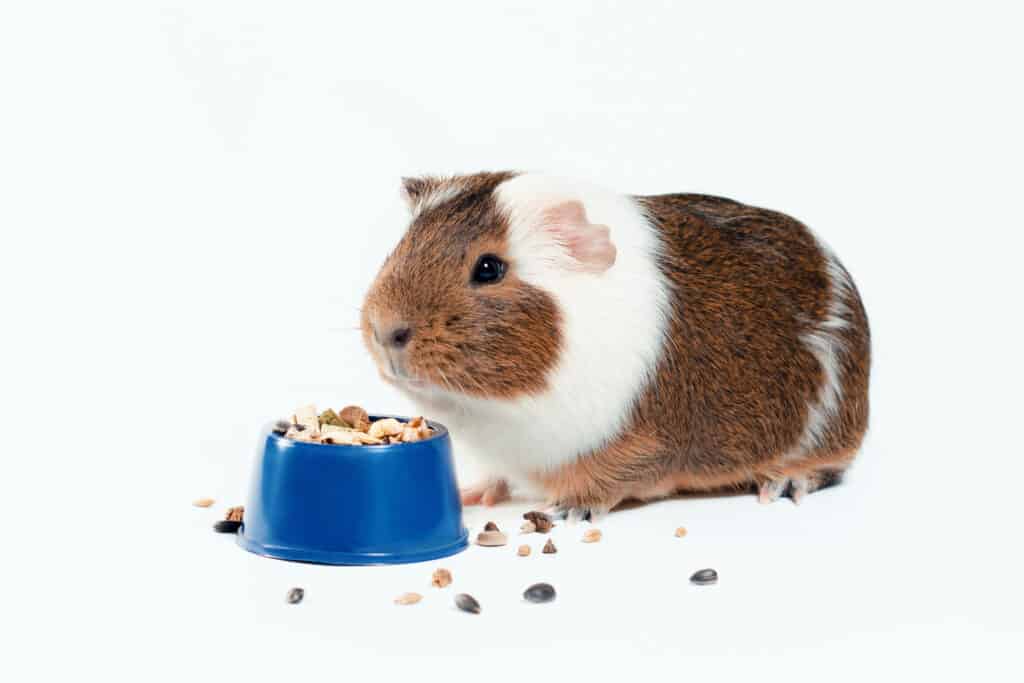
Conclusion
Guinea pigs are small, sociable, and intelligent animals. They make an excellent pet choice for those interested in a small, social, and intelligent companion.
They are known for their friendly personality and are able to live in a variety of environments. This means you can have a guinea pig cuddle up next to you on the couch or snuggle and play with your children.

